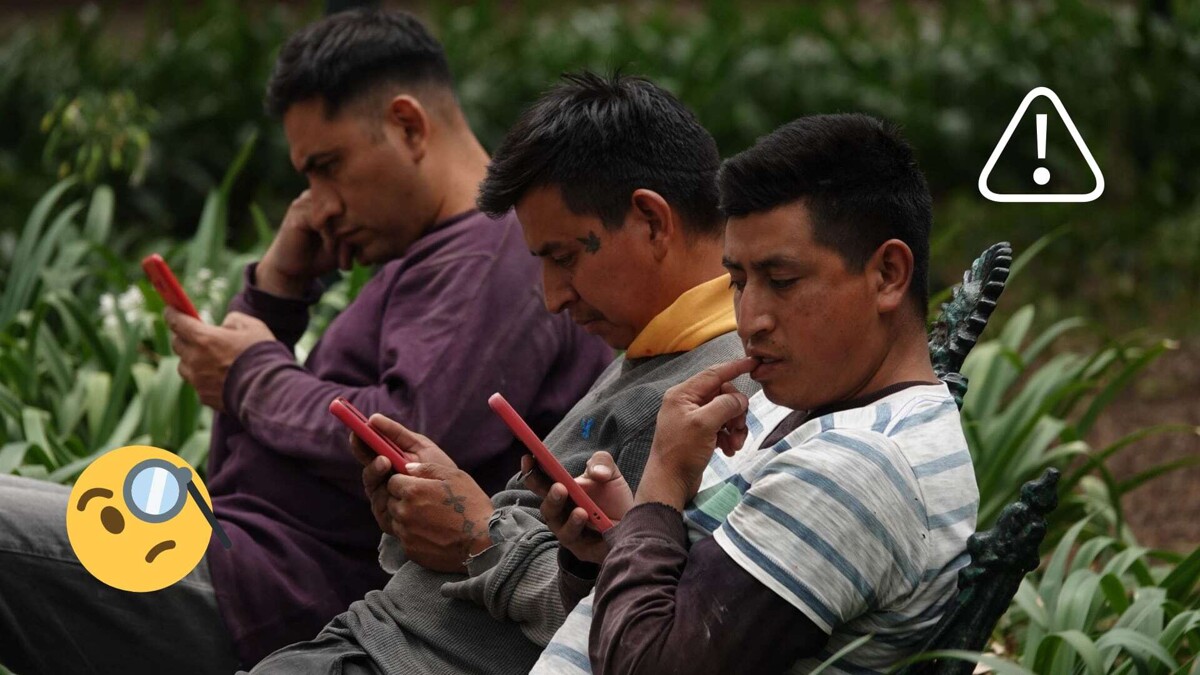
The secure purchase of tickets for concerts, shows, and public events online is crucial for consumers in Mexico and around the world. Companies like OCESA and Ticketmaster have reported that the most common scams in this market are related to fake websites, duplicate tickets, and fraudulent customer service numbers.
According to experts, "These scams have become increasingly sophisticated, taking advantage of the high demand for live events and the growth of digital platforms to deceive consumers, steal their money, and seize their banking data."
To protect themselves from these scams, OCESA and Ticketmaster recommend buying tickets only on official platforms, avoiding purchasing tickets through social media or unverified third-party sites. It is suggested to use credit cards or secure payment platforms that offer consumer protection and to enable two-factor authentication on ticket sales accounts and payment platforms to add an extra layer of security.
The entertainment industry and online ticket sales have implemented advanced technologies like Ticketmaster's SafeTix, which employs dynamic barcodes that change continuously until the event to prevent duplication or illegal resale of tickets. These measures protect users and event promoters.
Additionally, ticket sales platforms have strengthened their validation mechanisms in collaboration with local authorities to alert potential fraud and are conducting educational campaigns to raise consumer awareness about scammer practices.
To avoid being a victim of scams, it is advised to verify the authenticity of sites before entering personal or financial data, avoiding insecure payment methods such as direct bank transfers and gift cards, as they are difficult to trace. It is important to remember that secure websites should start with "https" and have a visible security certificate through a padlock in the browser's address bar.













